
A fifth of Americans don't trust anyone to protect their data
Around 20 percent of Americans suffer from security fatigue and don’t trust anyone to protect their personal data according to a new study.
The research from hardware security company nCipher Security reveals that many people want more control over their personal data privacy and most want tighter controls on how others handle and safeguard their personal data.

Zippyshare mysteriously blocked in the UK
The Zippyshare file hosting service is currently blocked for users in the UK. Anyone visiting the site will be presented with a '403: Forbidden' message when they try to access the site.
Users on a number of ISP forums are asking whether this is due to some blocking action on the part of service providers, but it appears that for some reason the site is blocking itself from UK IP addresses.

Google adds privacy-focused DuckDuckGo search engine to Chrome
Update to Chrome 73 and you might be in for a bit of a shock. With absolutely no fanfare whatsoever, Google has added DuckDuckGo to the list of search engines available in its web browser.
In fact, the company has updated the default list of search engines it offers in over 60 markets, but it is the addition of privacy-focused DuckDuckGo that comes as the most welcome surprise.
Pahahaha! Zuckerberg outlines his, *snort*, privacy-focused vision for Facebook and social networking hahahaha!
Social networking in general, and Facebook in particular, is far from synonymous with the notion of privacy. Facebook makes occasional nods to granting users greater control over their privacy, but at the end of the day, data about users is what makes Mark Zuckerberg's company tick.
But setting out his vision for the future in a blog post, the Facebook founder has set out his "vision and principles around building a privacy-focused messaging and social networking platform". We'd already heard about plans to merge the messaging platforms WhatsApp, Instagram and Facebook Messenger, this is central to his vision of the future. He has bold ideas of encryption and ephemerality playing a large part in increasing privacy, but Facebook will still have to overcome the issue of user trust.
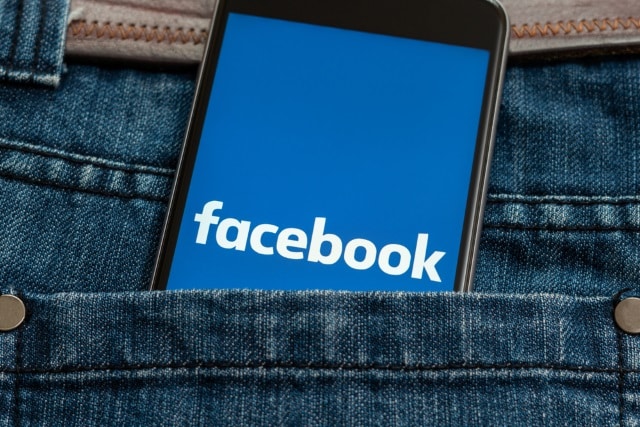
If you've added your phone number to Facebook for 2FA security, it can be used to search for you
Facebook has been encouraging users to enable two-factor authentication to boost the security of their accounts, but it turns out that there's a slightly sinister side to this feature.
You may well have opted to maintain an element of privacy by omitting personal information such as your address and phone number from your profile. But if you've used your mobile number to secure your account with 2FA, even if it is not visible to others, it can still be used to search for you -- and there is no way to opt out of this.
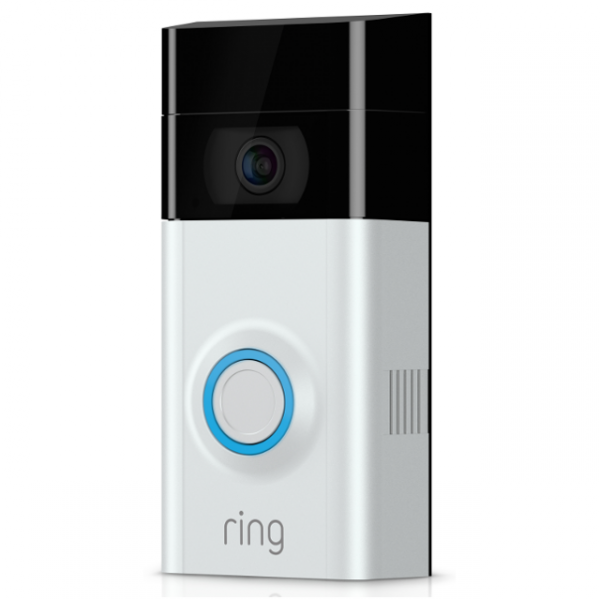
Serious Amazon Ring vulnerability leaves audio and video feeds open to interception and spoofing
Security researchers from Dojo by Bullguard have discovered a vulnerability in Amazon's Ring doorbell that leaves it prone to man-in-the-middle attacks.
As well as enabling a hacker to access audio and video feeds in a severe violation of both privacy and security, the vulnerability also means that an attacker could replace a feed with footage of their own. Revealing the security flaw at Mobile World Congress, Yossi Atias from Dojo, demonstrated how a feed could be hijacked and injected with counterfeit video.
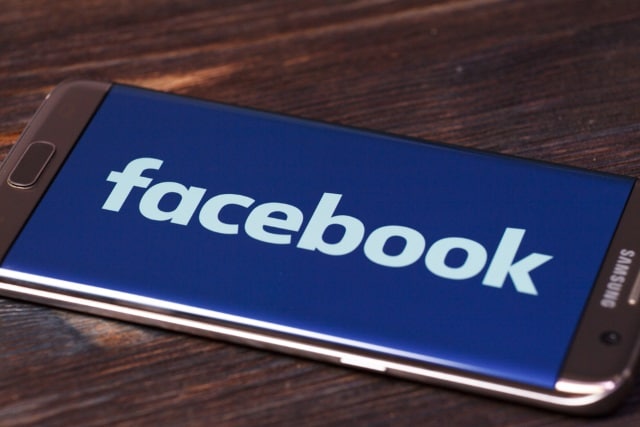
Facebook to launch its Clear History tool later this year -- to the joy of privacy advocates and the pain of advertisers
Facebook is no stranger to privacy-related controversy, and to try to counter some of this the social network announced in the middle of last year that it planned to give users a "clear history" feature.
Although first talked about in May, no progress has been visible on this front, but Facebook's CFO, David Wehner, has now said that the feature will be launching later this year. This is good news for users, but bad news for advertisers. Facebook says that the feature will make it harder to target ads.
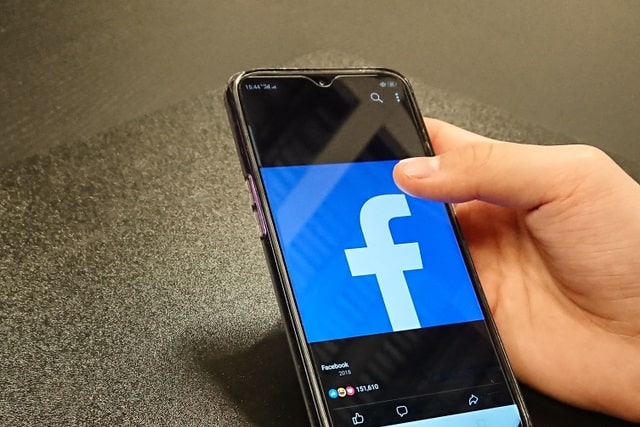
Privacy: Facebook closes controversial Onavo VPN and ceases user data collection
Following the scandal surrounding the collection of user data, Facebook has removed its Onavo VPN app from the Google Play Store -- a full six months after the iOS version of the Facebook Research app was kicked out of the App Store by Apple.
Facebook will also be ending its controversial paid data collection program which saw the company paying people for access to information about their device and internet usage. The app will continue to function as a VPN -- minus the questionable privacy invasion -- for a little while to give users the chance to seek out an alternative, but it will ultimately close down completely.
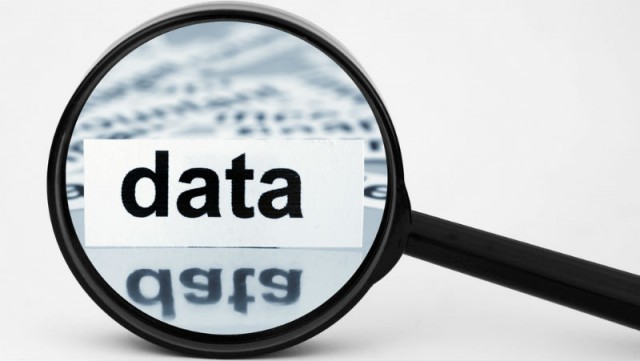
83 percent of US organizations have accidentally exposed sensitive data
According to a new survey 83 percent of security professionals believe that employees have accidentally exposed sensitive customer or business data at their organization.
The study from data protection specialist Egress also finds that accidental data breaches are often compounded by a failure to encrypt data prior to it being shared -- both internally and externally.

Privacy: Facebook now lets Android users block background collection of location data
Faced with continued criticism about privacy, Facebook is rolling out an update to Android users that gives a greater degree of control over the sharing of location data with the social network.
Specifically, the update makes it possible to stop Facebook from using tracking your location in the background when you are not using the app. The change brings parity to the iOS and Android Facebook apps.
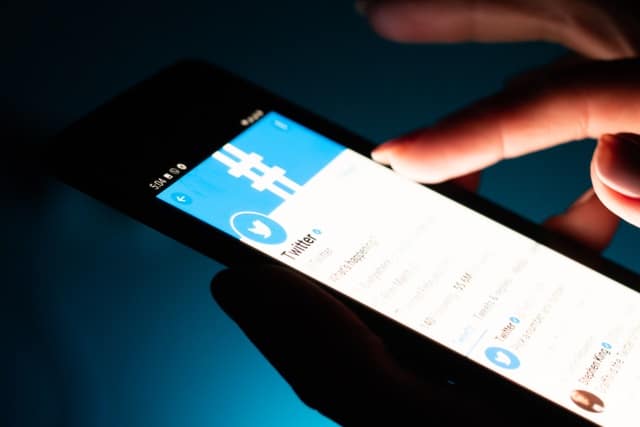
Security researcher 'concerned' to find Twitter is not deleting your deleted direct messages
When you delete a direct message on Twitter, it is gone forever, right? From a user's point of view, this is true -- a deleted message vanishes. But a security researcher has discovered that Twitter is actually hanging onto these messages.
Karan Saini found that he was able to see messages he deleted years ago when he downloaded an archive of his Twitter data from the site.

Germany bans Facebook from combining user data collected from Instagram and WhatsApp
The German cartel office, the Bundeskartellamt, has imposed new restrictions on how Facebook processes the data it gathers about users of Instagram, Facebook and WhatsApp.
Germany's antitrust watchdog has hit the social network with a ban on combining user data it gathers from different sources, unless it has explicit consent from users. While Facebook is still free to gather data about Instagram users and WhatsApp users, this data cannot be automatically combined with data gathered via a users' Facebook account.
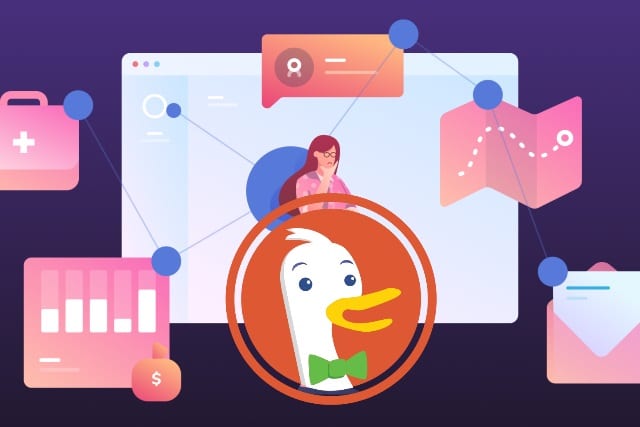
DuckDuckGo reminds ignorant users that many websites ignore browsers' Do Not Track privacy requests
In an increasingly-connected world where data is collected and shared, privacy has become ever-more important to people. If you are of that mind, you may have enabled the Do Not Track (DNT) setting in your web browser in the hope that it will stop the websites you visit from tracking your online activities. Bad news: it probably makes no difference whatsoever.
This might be something you knew already, but research by privacy-focused search engine DuckDuckGo -- which famously does respect DNT requests -- found than more than three-quarters of people were not aware of that that many sites ignore DNT settings.

Cisco joins Apple in calling for a US version of GDPR data protection and privacy laws
The roll out of GDPR (General Data Protection Regulation) has changed the face of privacy and data protection for millions of people across Europe. The regulation not only grants people access to the personal data companies hold about them, but also controls how this data can be used and transferred.
Apple's Tim Cook has already voiced his support for GDPR and said that the rest of the world should implement similar regulation. Now he has been joined by Cisco in calling for data laws to be embraced by the US as they have been in Europe.
Apple apologizes for privacy-invading FaceTime bug, promises delayed software update
Apple has issued an apology for the recently-discovered bug that made it possible to eavesdrop on people via FaceTime.
The company had promised that a software update would be delivered later this week, but the interim solution was to simply disable the group FaceTime feature server-side. Apple now says that the problem has been fully fixed, but a software update that re-enables the group function will not be issued until next week.
